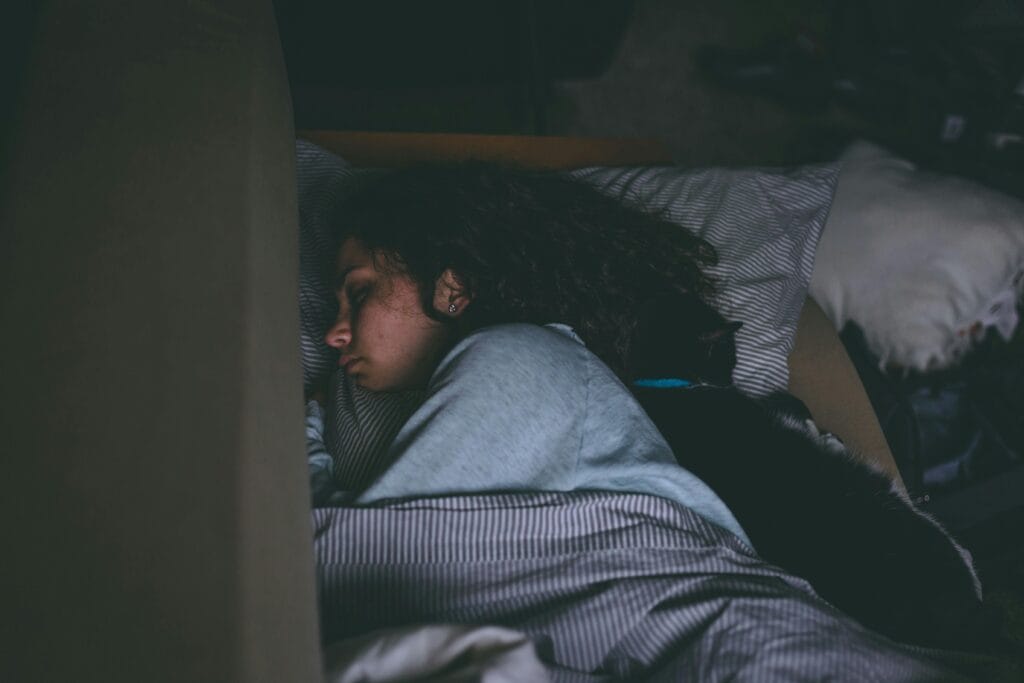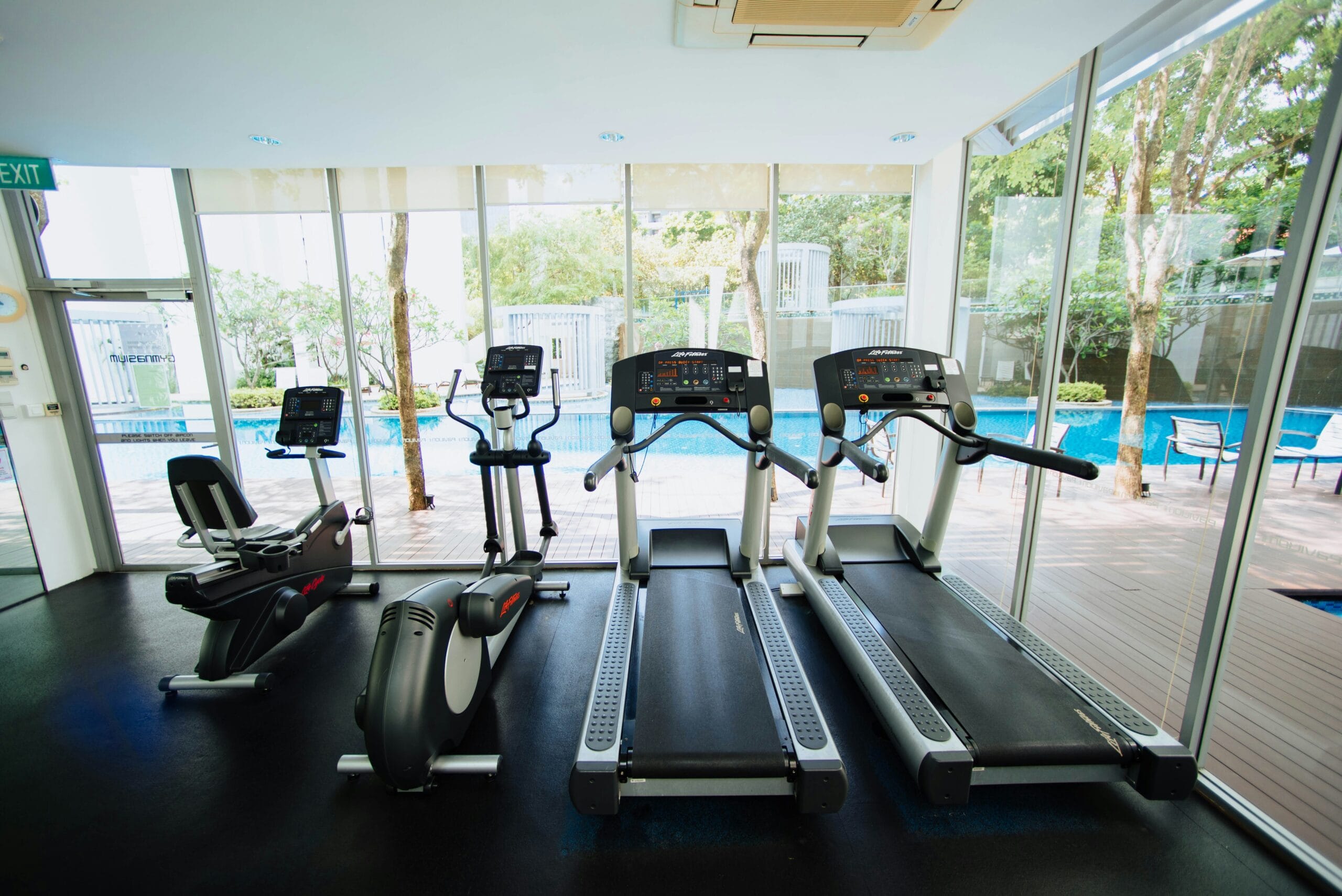Introduction
Since sleep is the body’s natural means of relaxation, renewal, and healing, it is vital to our general health. Although many individuals only think of sleep as a means of mental renewal, sleep is just as important for immune system and physical health. While getting enough sleep strengthens the body’s defenses against illness, getting too little sleep might weaken the immune system. This article examines the relationship between sleep and immunity, physical health, and the body’s ability to fight off illnesses.

The Connection Between Sleep and Physical Health
Sleep plays a critical role in the body’s ability to maintain and repair itself. Here are some ways sleep affects physical health:
- Tissue Development and Repair
The body heals its muscles, tissues, and cells as you sleep. Growth hormone, which promotes wound healing, cell regeneration, and muscle reconstruction following physical activity, is released. - Heart Conditions
Getting enough sleep is crucial to keeping your heart healthy. Heart disease, stroke, and elevated blood pressure have all been related to poor sleep. Your blood pressure and heart rate naturally decrease when you sleep, allowing your heart and blood arteries to relax. - Balance of Hormones
Stress, metabolism, and hunger are all regulated by the hormones that are produced in response to sleep. An elevated risk of obesity, diabetes, and metabolic problems can result from sleep deprivation because it can upset the balance of chemicals like cortisol, the stress hormone, and insulin, which controls blood sugar. - Weight Management
Sleep influences the body’s ability to regulate hunger. When you don’t get enough sleep, the hormones ghrelin (which stimulates appetite) and leptin (which signals fullness) become

Sleep and Immune System Function
The immune system is the body’s defensive mechanism against dangerous microorganisms, such as bacteria, viruses, and poisons. There is a clear correlation between immune system performance and sleep quality. Here’s how to do it:
- Boosts White Blood Cell Production
White blood cells, which are vital for recognizing and eliminating dangerous intruders like viruses and bacteria, are produced in response to sleep. A body that gets enough sleep is better able to fight off diseases. - Boosts the effectiveness of vaccines
- According to studies, those who get enough sleep the night after getting vaccinated are more likely to have better protection. This implies that getting enough sleep improves the body’s reaction to vaccinations, increasing their efficacy.
- Stops Prolonged Inflammation
Persistent low-grade inflammation, which is linked to the development of diseases like cancer, diabetes, and heart disease, can result from chronic sleep deprivation. Sleep balances the immune system by reducing inflammation.

Consequences of Sleep Deprivation on Immunity
The immune system is weakened by sleep deprivation, leaving the body more susceptible to illness and diseases. The following are a few effects of sleep loss on immunity:
- Higher Risk of Infections
People who don’t get enough sleep are more prone to illnesses like the flu and the common cold. Studies reveal that those who receive less than seven hours of sleep per night are more susceptible to illness following viral exposure than those who get eight hours or more. - Slower Healing After Illness
- The body finds it difficult to recover from sickness and recuperate when it doesn’t receive enough sleep. The immune system’s weakened state causes a longer recovery period in response to infections.
- Decreased Immune Recall
Because of its memory function, the immune system can identify and react to infections that it has previously come into contact with. Lack of sleep damages this immunological memory, making the body less able to fight off illnesses it has already faced.

. How Much Sleep is Needed for Optimal Immunity?
Although the amount of sleep required for the best immune system performance varies with age and personal circumstances, generic recommendations suggest:
- Adults: 7-9 hours of sleep per night.
- Teenagers: 8-10 hours per night.
- Children: 9-12 hours, depending on age
- Older Adults: 7-8 hours of sleep is recommended, though some may need more to compensate for less deep sleep.
Consistently getting the recommended amount of sleep lowers the risk of sickness and promotes general health by supporting a robust immune system.

Tips for Better Sleep and Stronger Immunity
To ensure your immune system performs efficiently, enhancing sleep quality is crucial. Here are a few pointers to encourage deeper sleep:
- Establish a Sleep-Friendly Ambience
Maintain a cold, quiet, and dark bedroom. A peaceful, uncluttered room promotes sound sleep. - Maintain a Sleep Schedule
Maintaining a regular sleep and wake time each day aids in regulating your body’s internal clock, which facilitates sound sleep and rejuvenation. - Limit your alcohol and caffeine intake.
- Caffeine can disrupt sleep, so avoid consuming it in the afternoon and evening. In the same way, alcohol lowers the quality of your sleep even if it may make you feel drowsy.
- Exercise Frequently
- Better sleep is encouraged by exercise, but avoid doing intense physical activity right before bed as it may have the reverse impact.
- Control Your Stress
- Control Your Stress
Stressful situations might make it difficult to sleep. Before going to bed, try some relaxation exercises like yoga, meditation, or deep breathing.

The Long-Term Advantages of Sleep Prioritization
Making sleep a priority provides long-term health advantages in addition to boosting immunity:
- Increased Longevity: Research indicates that getting regular, high-quality sleep is linked to a longer lifespan.
- Decreased Chance of Chronic Illnesses
Getting enough sleep lowers the chance of getting long-term illnesses like diabetes, heart disease, and some types of cancer. - Better Mental Well-Being
- Sleep is critical for mental health because it lowers the likelihood of anxiety, depression, and aging-related cognitive loss.
Conclusion
Sleep is a vital resource for preserving and boosting immunity and physical well-being. Sleep acts as the body’s natural barrier against disease, allowing the body to repair, balance hormones, and bolster immunological responses. It’s crucial to give yourself a good night’s sleep every night if you want to remain robust and healthy. Maintaining proper sleep hygiene will not only make you feel better on a daily basis but will also help your body fight off infections and heal from illnesses more rapidly.









